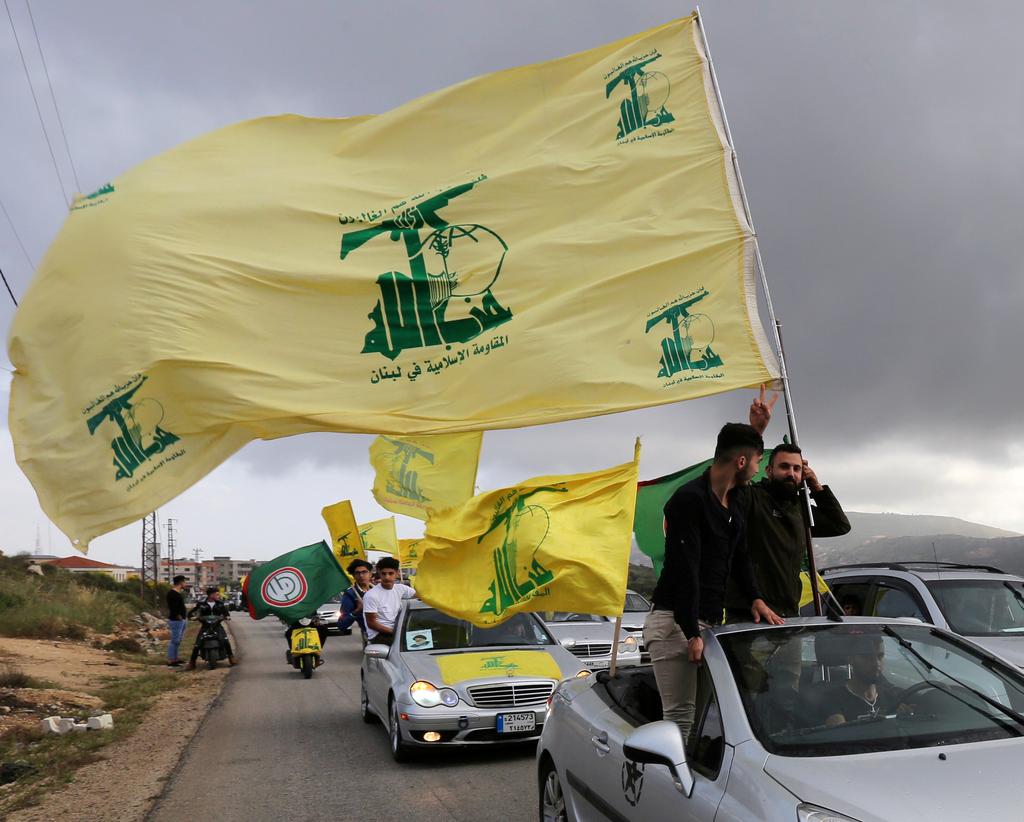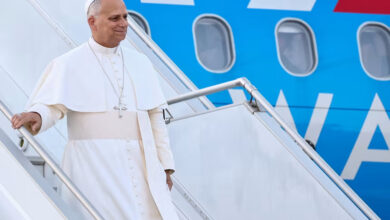
BEIRUT (Reuters) – Hezbollah leader Sayyed Hassan Nasrallah said on Sunday the powerful Shi’ite movement was open to discussing a new political order in Lebanon if all factions agree to it, as foreign donors press for deep reforms to tackle the country’s multiple crises.
The presidency has called for parliamentary consultations on Monday to choose a new prime minister after the government, which took office with the backing of Hezbollah and its allies, quit over this month’s Beirut port blast.
Nasrallah’s remarks suggested the group was ready to discuss more profound changes.
“France’s president in his last visit called for a new political contract … We are open to any calm discussion for a new political contract but on the condition it take place with agreement from all Lebanese factions,” Nasrallah said in a speech.
He said the movement supported “reforms to the widest extent” if there was a mechanism to agree on them.
French President Emmanuel Macron, due to visit Beirut again on Monday, has outlined reforms local politicians must make to unlock foreign aid to tackle a deep financial crisis rooted in corruption and mismanagement, including an interim government capable of enacting change and early parliamentary polls.
RIVALS AND FACTIONS
There has been little progress in agreeing on a premier so far amid political rivalries and factional jostling. Under Lebanon’s sectarian power-sharing system, the prime minister must be a Sunni Muslim.
Hezbollah and its Shia ally Amal want the return of Saad al-Hariri, seeing him as capable of galvanizing foreign support.
But this has hit resistance from several parties, including Hezbollah’s ally the Maronite Christian President Michel Aoun and his son-in-law, Free Patriotic Movement leader Gebran Bassil, at loggerheads with Hariri since last year.
Hezbollah and its allies have a parliamentary majority.
The government’s resignation deepened uncertainty in the country, whose political elite has been the target of public anger over an economic meltdown and the Aug. 4 blast that involved highly-explosive material stored unsafely for years.
Ministers have kept working in a caretaker capacity until a new government is agreed.
In his televised speech, Nasrallah also called on the Lebanese army to announce the results of its technical investigation into the blast that killed 190 people, injured some 6,500 and wrecked swathes of Beirut.
Reporting by Laila Bassam and Ghaida Ghantous, Editing by William Maclean and Andrew Heavens
Image: FILE PHOTO: A supporter of Lebanon’s Hezbollah gestures as he holds a Hezbollah flag in Marjayoun, Lebanon May 7, 2018. REUTERS/Aziz Taher



